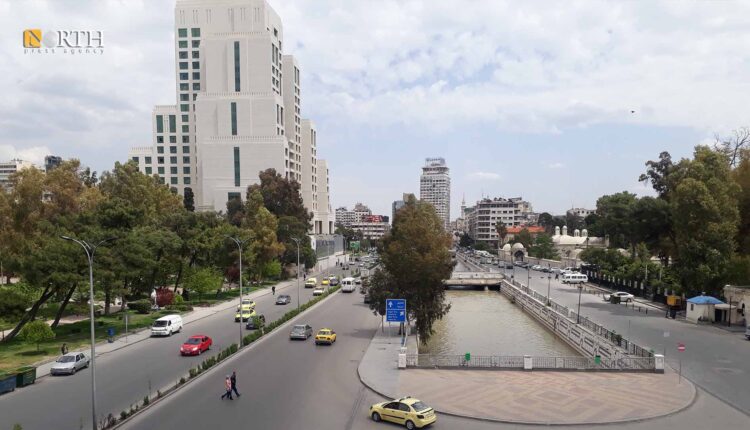DAMASCUS, Syria (North Press) – Four people, a married couple and two young men, were killed on Wednesday in two separate incidents in Damascus, Syria’s capital
A married couple was murdered in the Sayyida Zainab, a town south of Damascus, while two young men were gunned down in Barzeh neighborhood.
Fasih Othman, the brother of one of the victims in Sayyida Zainab, told North Press that his brother and sister-in-law were shot dead inside their home by unidentified assailants on Wednesday.
His brother, Hussein Othman, 69, and his wife, Atiya Othman, 62, had been residing in Damascus for over 40 years. Their bodies were discovered inside their home with multiple gunshot wounds.
The victims’ remains were transferred to al-Muwasat Hospital and were set to be transported to their hometown of Qamishli for burial.
According to Othman, the perpetrators also stole money and gold from the residence. Security authorities have since launched an investigation to identify those responsible.
In a separate incident on March 4, two young men were killed near a security checkpoint in Barzeh neighborhood.
According to local sources, masked gunmen in a tinted SUV stopped a vehicle carrying four individuals. When the armed men ordered them to follow them to a police station due to unverified identities and unclear demands, the victims attempted to leave the scene.
The assailants then opened fire, killing Rami al-Saadi and Karim Amsha, while the other two passengers survived.
The attack took place in close proximity to a security checkpoint, sparking outrage among residents.
Many locals accused the security forces of either being complicit in the crime or attempting to cover it up, particularly by withholding surveillance footage from cameras near the crime scene.
In response to the killings, residents of Barzeh staged a protest, demanding a swift investigation and the immediate arrest of those responsible. The incident has heightened fears of escalating crime in Damascus, particularly as security lapses continue to plague various areas.

